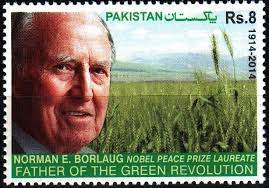UNICEF Foundation Day is celebrated on 11 December each year, marking the establishment of the United Nations International Children's Emergency Fund (UNICEF) in 1946. UNICEF was created by the United Nations to provide emergency food, healthcare, and aid to children and mothers in countries devastated by World War II.
Key Highlights:
- Mission: UNICEF focuses on improving the lives of children worldwide, advocating for their rights, and ensuring their access to essential services like education, healthcare, clean water, and protection.
- Global Reach: Active in over 190 countries, UNICEF works to combat poverty, prevent disease, and respond to emergencies to secure a better future for children.
- Evolution: Initially formed to address post-war child welfare, UNICEF became a permanent UN agency in 1953, with its mission extended to address long-term development and child well-being globally.
Significance of the Day:
- Advocacy: The day highlights UNICEF’s role in supporting vulnerable children and advancing their rights.
- Awareness Campaigns: It is a time to reflect on pressing issues like child poverty, education, malnutrition, and child labor.
- Fundraising and Volunteer Efforts: Many organizations and individuals support UNICEF's initiatives on this day.
Achievements:
- Nobel Peace Prize (1965): Awarded for promoting fraternity among nations and improving children's welfare globally.
- Innovative Programs: Campaigns like Immunization Drives, Education for All, and Clean Water Access have profoundly impacted millions of lives.









